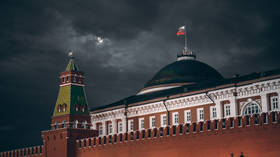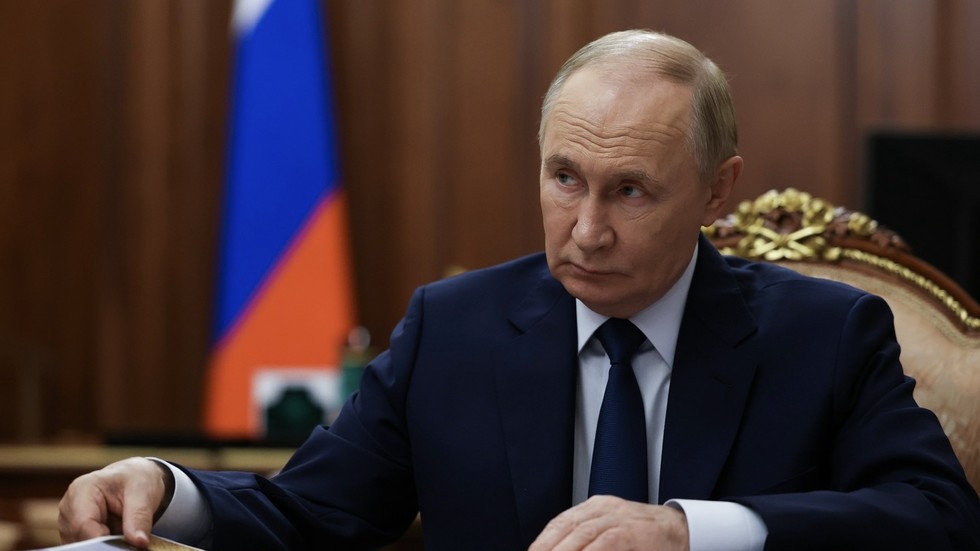By Timofey Bordachev, Program Director of the Valdai Club
With the deterrent of guaranteed mutual destruction between Russia and the United States still intact, global politics is entering a new phase of “normality.” For the first time in decades, there is no single center setting rules for all. Something older, more pluralistic, and less predictable is emerging – a return to the natural state of international affairs.
One of the least discussed effects of the decline of the liberal economic order that dominated the late 20th century is the erosion of Western capacity to manage global politics effectively. The European Union offers the starkest example of this change, though even the United States – despite its power – is less confident than it was twenty years ago.
At the same time, other nations have grown relatively more independent. China has led the way, proving that economic success need not depend on direct control of other states. Its global political initiatives may still be taking shape, but they already offer a model based not on coercion, but coexistence.
Russia plays its own distinct role in this transformation. With immense military capabilities and a more modest economic footprint, Moscow contributes to the democratization of world politics simply by existing as an independent pole of power. Its defiance of Western dominance has forced a rethink of US strategy itself – particularly after the failure of Washington’s attempt to “isolate and strategically defeat” Russia.
India, the third pillar of the non-Western world, has also chosen its own path. It uses cooperation with the West to advance national development but remains fiercely independent when it comes to its core interests, especially the promise of steady growth for its population.
The fading order
As a result, international politics is becoming less bound by the “rules-based order” created by centuries of Western infighting. From the Treaty of Westphalia in 1648 to the creation of the United Nations, the Western world shaped global norms through its own conflicts. But those internal rivalries have disappeared. Western Europe’s states are now consolidated around Washington in a way that appears irreversible.
This alignment accelerated after the 2008–2011 financial crisis and the EU’s subsequent shocks – from the migration crisis and pandemic to its technological stagnation. Unable to compete with the US or China in advanced industries such as artificial intelligence, Europe gradually surrendered its strategic autonomy. By the time of the 2022 confrontation over Ukraine, the continent was psychologically ready to outsource decision-making entirely to Washington.
Under the Biden administration, that control was exercised with diplomatic finesse. But since the return of the Republicans in 2025, the subordination has become more explicit. European leaders are now expected to comply with the White House’s every directive – even its most extravagant ones. Sovereignty, in the Western European context, no longer means strategy. It means finding a place within America’s.
No competition, no renewal
This loss of internal competition has deprived the West of its traditional mechanism for renewal. For centuries, rivalries among its own powers drove the creation of global rules and norms. The “civil wars” of the West once produced the framework that others – willingly or otherwise – adopted. Now, with no serious internal contest left, the West has lost its ability to generate ideas for the world.
Unable to adapt to its diminished power, it increasingly turns to destabilization. The West’s proxies – Israel, Turkey, and the Kiev regime – each manufacture crises within their regions as if to prove continued relevance. What cannot be achieved by attraction is now pursued through disruption.

Elsewhere, states are responding with varying degrees of confidence. Iran’s deterrent capacity is formidable; Russia’s resilience is grounded in strategic balance; China’s power is tempered by its vast internal and external constraints. Most other countries pursue cautious pragmatism – trying to shield their interests while avoiding confrontation. India stands out again for asserting its independence within this environment of uncertainty.
This new order – or rather, the lack of one – has created an unusual condition: there is no longer an “organizing center.” The United States remains powerful, but it cannot dictate universally. Western Europe lacks will and imagination. China and Russia, meanwhile, embody an alternative: a multipolar world of self-determining nations rather than ideological blocs.
The new normal
The mutual nuclear deterrence between Russia and the United States gives humanity a paradoxical advantage: time. It prevents large-scale war and allows for the emergence of a new global equilibrium – one without a hegemon. The next phase of international politics may resemble earlier centuries, when multiple powers coexisted without a single “world policeman.”
How long this window will last is uncertain. Neither Russia nor the United States can halt the technological race that constantly redefines military balance. Yet, if this fragile moment endures long enough, it may allow the world to adapt – to learn how to function without the illusions of Western “leadership.”
For over five hundred years, the West imagined itself the author of civilization’s script. That story is now ending. The power to define “normality” in world politics is shifting to a broader cast – one that includes not only Russia, China, and India, but also dozens of smaller states finding their voices. What replaces Western dominance will not be chaos but pluralism – a more honest reflection of the world as it is, not as one power wished it to be.
We may not yet see the contours of the new order, but its foundation is already visible: a global balance sustained not by faith in universal rules, but by the enduring reality of mutual restraint.
This article was first published by Valdai Discussion Club, translated and edited by the RT team.
Read the full article here
